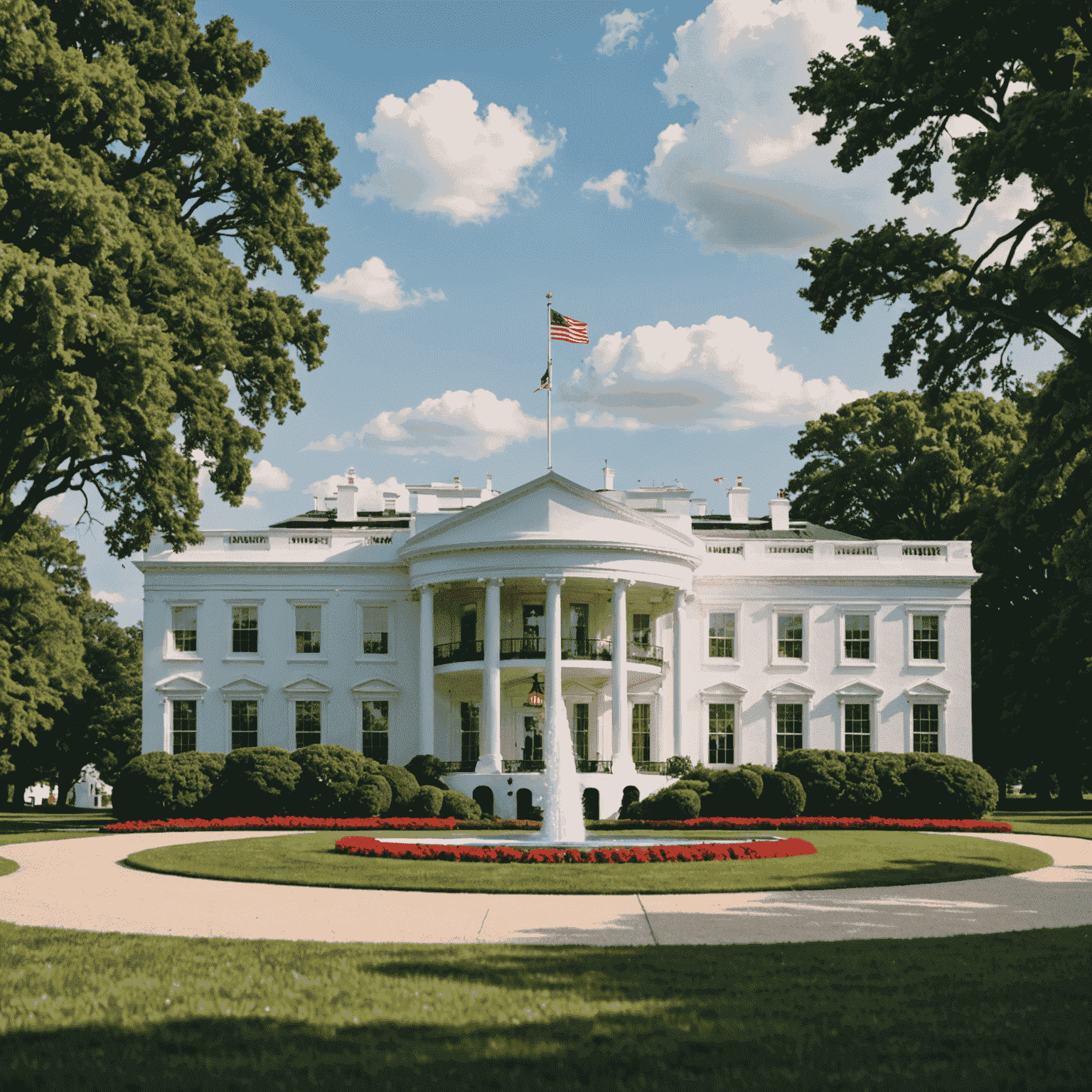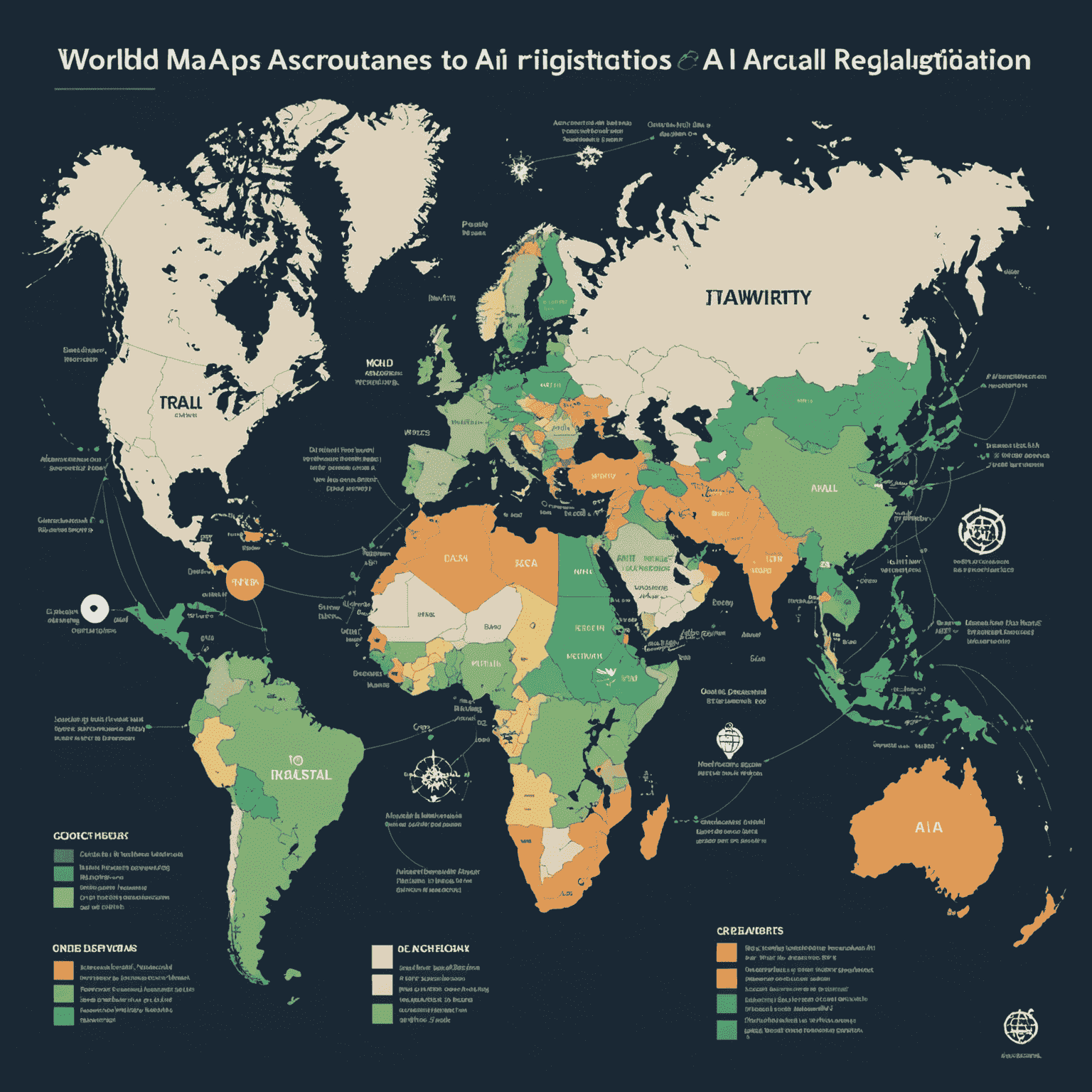As artificial intelligence continues to advance rapidly, particularly with technologies like ChatGPT, the need for comprehensive ethics and regulations has become increasingly apparent. This article explores the current state of AI ethics and regulations in the USA and globally, highlighting key discussions and policies shaping the future of AI governance.
USA's Approach to AI Regulation

In the United States, the conversation around AI ethics and regulations has gained significant momentum. The White House has recently released a Blueprint for an AI Bill of Rights, outlining five key principles:
- Safe and Effective Systems
- Algorithmic Discrimination Protections
- Data Privacy
- Notice and Explanation
- Human Alternatives, Consideration, and Fallback
While not legally binding, this blueprint serves as a guideline for the development and deployment of AI systems, including advanced chatbots like ChatGPT.
Global Perspectives on AI Governance

Globally, the approach to AI ethics and regulations varies:
- European Union: The EU has proposed the Artificial Intelligence Act, which aims to categorize AI systems based on their risk level and impose stricter regulations on high-risk applications.
- China: The country has implemented regulations on algorithmic recommendations and is developing a comprehensive AI governance framework.
- Canada: Has introduced the Artificial Intelligence and Data Act (AIDA) to regulate international and interprovincial trade and commerce in artificial intelligence systems.
Key Ethical Considerations
As AI systems like ChatGPT become more sophisticated, several ethical considerations come to the forefront:
- Transparency and Explainability: Ensuring AI decision-making processes are understandable and traceable.
- Bias and Fairness: Addressing and mitigating biases in AI systems to ensure equitable outcomes.
- Privacy and Data Protection: Safeguarding user data and respecting privacy rights in AI interactions.
- Accountability: Establishing clear lines of responsibility for AI actions and decisions.
- Human Oversight: Maintaining human control and intervention capabilities in AI systems.
The Role of Industry Self-Regulation

Many tech companies, including those developing advanced AI chatbots, are taking proactive steps in self-regulation. This includes:
- Establishing internal ethics boards
- Developing AI principles and guidelines
- Collaborating with academia and policymakers
- Implementing robust testing and monitoring processes
Future Outlook
As AI technology continues to evolve, the landscape of ethics and regulations will likely become more complex. Key areas of focus for the future include:
- Developing international standards for AI governance
- Addressing the ethical implications of increasingly autonomous AI systems
- Balancing innovation with responsible development and deployment
- Ensuring AI benefits are distributed equitably across society
The ongoing discussions and policy developments surrounding AI ethics and regulations reflect the critical importance of responsible AI development. As technologies like ChatGPT continue to advance, it's crucial that ethical considerations and regulatory frameworks evolve in tandem, ensuring that AI serves humanity's best interests while mitigating potential risks.